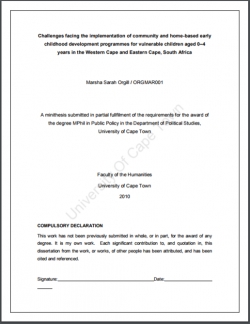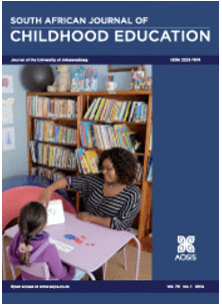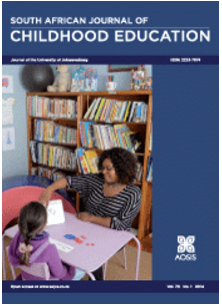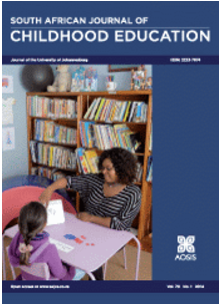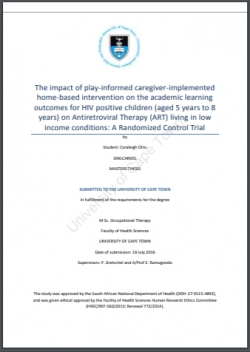The development and evaluation of a self-concept enrichment programme for children aged 7-9 years

Type
Thesis
Authors
Category
ECCE, Foundation
[ Browse Items ]
Publication Year
2005
Publisher
North West University, Potchefstroom, South Africa
URL
[ private ]
Pages
93 p.
Subject
Early childhood education, Primary education, Foundation Phase, Learners, Self- concept, Emotional Intelligence, Anxiety, Developmental coordination, Disorder, Programme, Children, South Africa
Abstract
This study was an integral constituent of a multidisciplinary research project by the School of Psychosocial Behavioural Sciences: Psychology and the School for Biokinetics, Recreation and Sport Sciences of the Northwest University (Potchefstroom Campus). Previous research has found that children diagnosed with Developmental Co-ordination Disorder (DCD) manifest with motor impairments and psychological impediments, such as a poor self-concept (Henderson, May & Umney, 1989; Losse et al., 1991; Skinner & Piek, 2001). The purpose of this multidisciplinary research project was thus to intervene holistically in the lives of these children, by presenting a motor-based and psychosocial programme. The aims of this study were to compile a self-concept programme and to determine whether it would affect the self- concept, emotional intelligence and anxiety of the participants. It was a quantitative study, which was conducted using a three-group pre- and post-test design. The child kinetics researcher confirmed the DCD state of the participants (n=67), through the use of the Movement Assessment Battery for Children (MABC). Participants were randomly divided into four groups and allocated to an intervention method. Participants were pre-tested with the Tennessee Self- Concept Scale (TSCS), Bar-On Emotional Intelligence Scale (EQ-i:YV) and the Children's Anxiety Scale (CAS). Intervention took place as follows: experimental group 1 (motor-based intervention programme), experimental group 2 (psychological intervention programme), experimental group 3 (integrated psychomotor intervention programme) and control group 4 (no intervention). For the purpose of this study, all four groups were taken into consideration but were discussed only as 3 groups. After the intervention, one month was allowed before the post-testing of the subjects took place. Measuring instruments used were: TSCS, EQ-i:YV, CAS as well as the MABC. Findings were as follow: children who participated in the motor-based programme showed significant improvements in their motor proficiencies. Children who participated in the self-concept programme showed significant improvements in their intrapersonal abilities, adaptability and total emotional intelligence and tendencies towards improvement in the following domains: identity, mood, behaviour, academics and their perception of self in relation to the family. In conclusion, children diagnosed with DCD benefit from intervention such as this self- concept programme. Literature (Braet, Mervielde & Vandereycken, 1997; O'Dea & Abraham, 1999; Pierce & Wardle, 1997) however, emphasise that self-concept is not a dimension in isolation but is also influenced by a child's physical performance and appearance. Therefore, the self-concept programme should preferably be combined with a motor-based intervention programme.
Number of Copies
1
| Library | Accession No | Call No | Copy No | Edition | Location | Availability |
|---|---|---|---|---|---|---|
| 1 | Potchefstroom, North West Province, South Africa | Yes |
